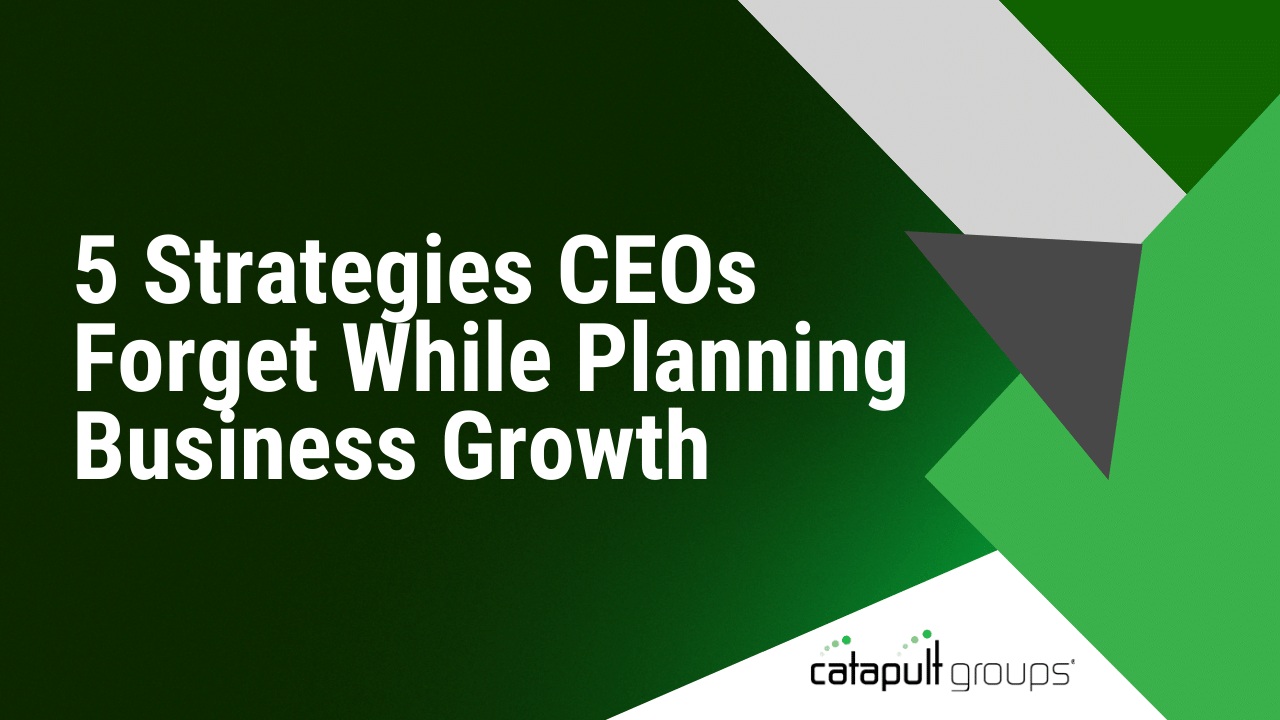Adopting a Global CEO Mindset in 2020
Whether or not your company conducts business overseas, it’s become obligatory for CEOs and business owners everywhere to start thinking as if they serve the global marketplace. With the onrush of globalization and the pervasive effects of online commerce, no business can afford to “sequester” itself from cultures and customers different from its target audience. There are simply too many factors involved to any longer ignore the effects (and ramifications) of selling to a global marketplace.
Want to build the skills to grow your business internationally?
Find out how one of our Las Vegas MasterMind Groups can help you!
Tips for Global CEOs
As the leader of your organization, you set the tone for adopting a global mindset for others to follow. Here are tips and considerations to keep in mind as you seek to immerse your business in the vast, interconnected world we all live in today:
Become more knowledgeable about other cultures.
Informing a global mindset is a combination of curiosity, enthusiasm, and a genuine openness to people and cultures different from your own. (The same people who, quite possibly, can be customers in the future.)
To achieve this cosmopolitan frame of mind, “executives must venture out,” notes Gallup Workplace. “And out doesn’t just mean eating local food and shopping at local markets,” but rather “a deep dive into the social drivers, market realities, economic pressures, and customer needs and expectations unique to” different cultures and types of customers.
Undertake focused research.
A global mindset is fed by ongoing consumption of relevant information. Whether you do so yourself or assign the task to a trusted employee, it’s vital to acquire as much knowledge as possible about countries where sales of your products or services might flourish. That information generally includes an in-depth comprehension of:
- Local laws and regulations
- The needs and pain points of prospective customers
- Business customs and etiquette
- Interacting with foreign suppliers
- Exploring new potential channels of distribution
A nodding acquaintance with a foreign language is also desirable. Obviously, English has become a world language, but you’ll gain more traction with leaders and managers abroad if you can converse in their language, even in a rudimentary manner. This will help you build goodwill and rapport abroad.
Acknowledge your own biases and assumptions.
CEOs and business leaders are human. Just like everyone else, they develop certain preconceptions over time regarding foreign countries and cultures. Savvy leaders understand, however, that most assumptions are just that—judgments based not on facts, but simply notions that have taken root in their heads.
To combat these preconceptions, both in yourself and your workforce, CEO Magazine suggests taking the following action steps:
- Make global awareness a top company priority.
- Promote active learning about world culture throughout the organization.
- Seek out ways to collaborate with foreign-based businesses.
The “key role of a leader is to influence,” CEO Magazine adds, and to “successfully influence in an increasingly multicultural world requires understanding, empathy and insight.”
Understand how business is conducted elsewhere.
Your standards and expectations have no doubt served you well in leading and growing your business. Those same standards may have only a passing relevance if and when you conduct transactions overseas. That’s because business leaders in other countries have cultivated their own business leadership styles and are unlikely to abandon those when you come calling.
And it’s not just learning how to relate to how other business leaders go about their jobs. A deeper understanding of business and cultural norms will result in more effective cross-cultural communications, and the opportunity to successfully transact deals in the future.
As Training Industry asks: “Can you schedule meetings during lunch time in Mexico? Do you know when the weekend is in Saudi Arabia? How should you establish credibility with a potential client in Japan?”
Just as you’d expect a foreign leader to know something about how you conduct business, so it’s your obligation to grasp the way business is done outside of the U.S.
Don’t cling to “top-down” leadership models.
Centralized leadership is the accepted structure in most American businesses. But as any cursory research will indicate, it’s not a model that’s universally followed. You may find it necessary to engage in collaborative discussion that sometimes involves lower-level employees or takes place in unusual or informal surroundings.
As you reach out to businesses abroad, be flexible in working under conditions that lack much similarity with how you go about things here.
Seek out “cultural mentors.”
Generally speaking, any business located abroad that’s interested in working with you will have a leader or executive team member willing to “show you the ropes” in their culture (you can possibly serve the same purpose with your organization). Find opportunities to work closely with this person in order to better understand the challenges and opportunities your foreign-based counterparts face on a daily basis.
As Training Industry suggests, explore the use of “intercultural learning platforms to gain country-specific insights” and engage in “trust-building activities,” so you don’t make a wrong move and unwittingly offend potential business partners.
When all is said and done, adopting a global CEO mindset involves considerably more than simply attempting to market your products and services overseas. It means moving beyond a conviction that American business is “the only game in town.” Companies around the world have proven successful time and again, based on their own ways of doing business, and the key to future success lies not so much in competing against these firms, as finding opportunities to collaborate with them.
When you start building a foundation of trust and cooperation with businesses in other countries, there’s really no limit to what the future can bring.
To help broaden your perspective and learn more about the revenue-generating opportunities of becoming a global business, look into becoming a member of Catapult Groups. The insights you gain and the new ideas you encounter will help you craft your own global business strategies for years to come.



